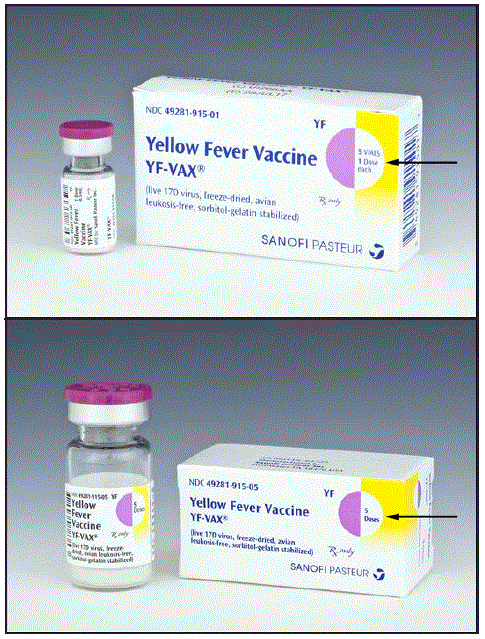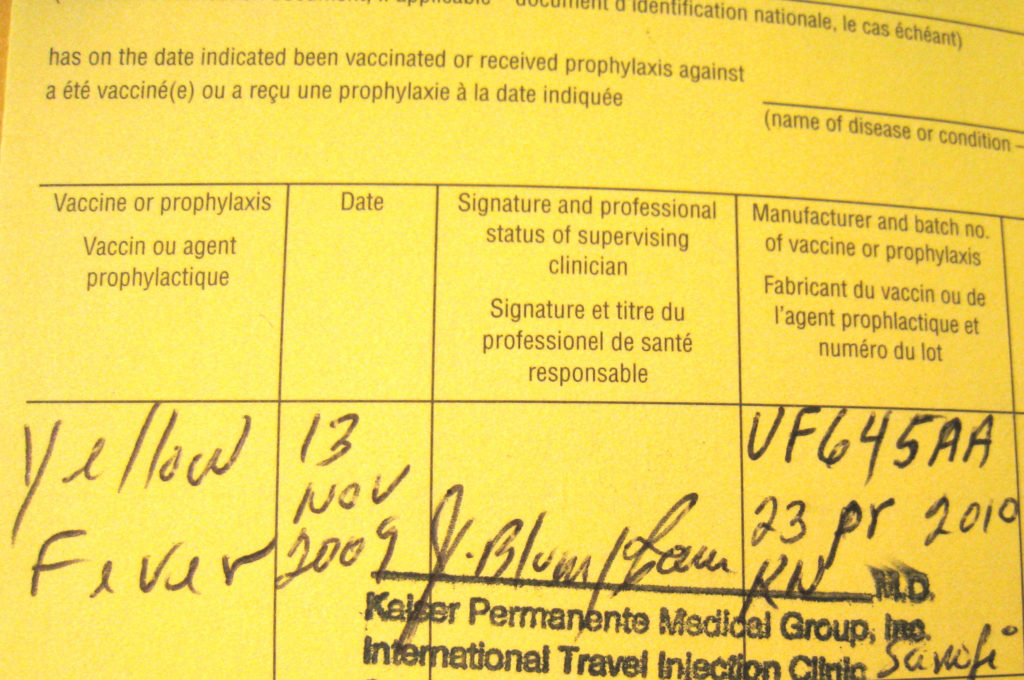Protecting Yourself from Yellow Fever: What You Need to Know About the Vaccine
Table of Contents
- Yellow Fever cases on the rise in West Africa - BugBitten
- How to Get Yellow Fever Vaccination In Bangalore:Complete Guide
- 상위 뷰 황열병 백신 개념 | 무료 사진
- Free Photo | Yellow fever vaccine concept
- Yellow Fever Vaccine Side Effects
- Yellow fever side effects. Who should-or shouldn't-be vaccinated ...
- Free Photo | Yellow fever vaccine concept
- Free Photo | Yellow fever vaccine concept
- Yellow fever vaccination campaign in Kinshasa: More than 7 million ...
- Free Photo | Yellow fever vaccine concept arrangement



What Is Yellow Fever?


The symptoms of yellow fever can be mild at first, but they can quickly escalate into severe complications if left untreated. The initial symptoms include fever, chills, headache, and muscle pain. In some cases, patients may develop vomiting, diarrhea, and abdominal pain within a few days.


How Does the Vaccine Work?

The vaccine works by triggering an immune response in your body, which produces antibodies that can neutralize the virus if you're exposed to it. The vaccine is highly effective, with a single dose providing lifelong immunity against yellow fever.

Who Should Get Vaccinated?
The World Health Organization (WHO) recommends that anyone traveling to areas where yellow fever is prevalent should get vaccinated at least 10 days before their trip. This includes:- Travelers visiting or working in Africa and South America, particularly during peak transmission seasons.
- People living in areas where yellow fever is endemic or epidemic.
- International travelers returning to countries with high levels of yellow fever transmission.
If you're traveling to an area where yellow fever is present but not endemic, it's still a good idea to get vaccinated. Consult your healthcare provider for guidance on whether the vaccine is recommended for your specific travel plans.

What Are the Side Effects?
The yellow fever vaccine is generally well-tolerated and has a very low risk of serious side effects. Common mild reactions include:- Soreness at the injection site.
- Fatigue.
- Muscle or joint pain.
- Headache.
In rare cases, more severe reactions can occur, such as fever, nausea, and vomiting. However, these side effects are usually mild and temporary, resolving on their own within a few days.
Yellow fever is a serious disease that requires prompt attention if you're traveling to areas where it's prevalent. The yellow fever vaccine provides lifelong immunity against the disease and is an essential tool in preventing outbreaks. By understanding what the vaccine can do for you, you'll be better equipped to protect yourself from this deadly disease. Always consult your healthcare provider before getting vaccinated or traveling to areas with high levels of yellow fever transmission.